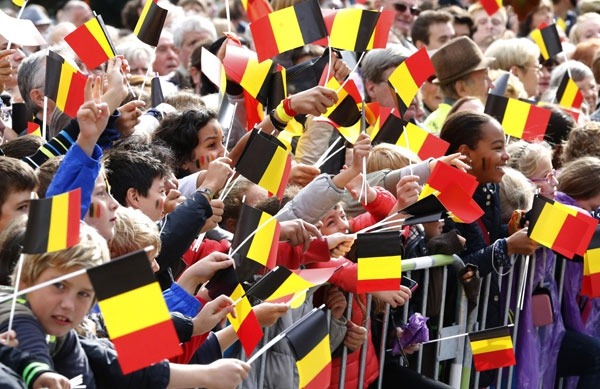Belgium is likely to go from a population of 11.3 million inhabitants in 2016 to 13 million by 2060. This is per Federal Planning Bureau projections published yesterday (Tuesday). Population growth expected in the Brussels-Capital region is two times greater than that of other regions.
Belgium can bank upon a population of 13 million inhabitants in 2060, which represents an average increase of 40,000 inhabitants per year. This compares to an increase of 50,000 during the last three decades.
The Federal Planning Bureau further notes that the Brussels-Capital region's population (projected to be up 28% by 2060) will grow twice as fast as the other regions (which are likely to increase by 14% between 2016 and 2060).
This phenomenon may be explained, amongst other factors, by a significant proportion of foreign immigrants. Amongst these, numerous individuals are of an age where they are both having and bringing up children.
The projected population pyramid for the Brussels region also remains markedly younger than in the other two regions. Last year, Flanders and Wallonia had one person aged 67 for every four aged between 18 and 66. This report projects 1 in 2 by 2060.
Taking the same comparative indicators, the Brussels-Capital region is projected to still have one person aged 67 for every four aged between 18 and 66 in 2060.
Lastly, household structures are evolving differently throughout the country. The proportion of households made up of one person will indeed not increase in Brussels by 2060. That of households comprised of married couples is likely to remain stable. This projected trend differs from the two other regions.
The Brussels Times

